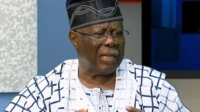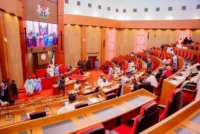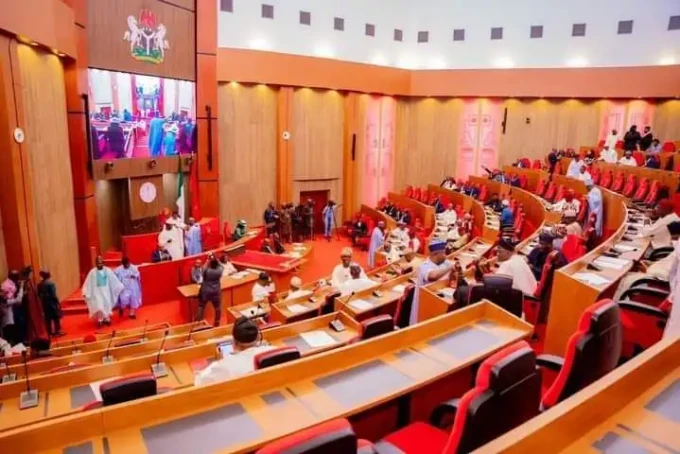The Central Bank of Nigeria (CBN) has reported that it sold a total of $543.6 million to authorized dealer banks in the Nigerian Foreign Exchange Market between September 6 and September 30, 2024. This information was disclosed in a statement released over the weekend, detailing the bank’s interventions in the foreign exchange sector.
In the statement, signed by Omolara Duke, Director of Financial Marketers Departments at the CBN, the apex bank explained that the foreign exchange sales during this period were aimed at reducing volatility in the FX market, which has been driven by high demand for commodity importations and seasonal market fluctuations. The CBN emphasized its commitment to managing the supply of foreign exchange to stabilize the market and meet the needs of various sectors.
The CBN indicated that the foreign exchange was sold at rates ranging from N1,530 to N1,580 per dollar to eligible dealer banks throughout September 2024. “The FX spot sales were designed to reduce the observed volatility driven by the high demand for commodity importations and seasonal factors,” the statement noted.
As of the close of September, the Naira was trading at N1,541.94 per dollar in the official market, while it reached N1,700 per dollar in the parallel market. This disparity highlights the ongoing challenges faced by the Nigerian economy regarding foreign exchange rates and the accessibility of hard currency.
In the following month, on Friday, October 4, the Naira stood at N1,631.21 and N1,670 per dollar at the close of trading. The fluctuations in the exchange rate illustrate the continuing pressures on the Naira and the broader economy, prompting the CBN to take measures to facilitate the supply of foreign exchange into the market.
The Central Bank reiterated its commitment to ensuring the stability of the Naira as part of its comprehensive foreign exchange management strategy. By actively intervening in the market, the CBN aims to alleviate pressures caused by increased demand for foreign currency, particularly from businesses reliant on imports.
As Nigeria navigates these economic challenges, the CBN’s actions will be crucial in maintaining the stability of the foreign exchange market, supporting businesses, and fostering a more resilient economic environment. The ongoing management of foreign exchange supply remains a priority as the nation seeks to address the complexities of its currency dynamics.












Why is the government interfering in the foreign exchange market? Let the market forces determine the exchange rate naturally.
I dont get why CBN is selling so much money. Should we be worried about the impact on the economy? #confusedemoji #CBNdecision
I think CBN should focus on supporting local businesses instead of just stabilizing the foreign exchange market. What do you all think?
I dont think CBN should intervene in the forex market. Let the market regulate itself for true price discovery.
I think CBN should focus on boosting local production instead of just selling forex. Lets prioritize self-sufficiency!
I think CBN should focus on investing in local industries instead of just stabilizing the foreign exchange market. Lets support our own economy!
I dont get why CBN is selling so much money to stabilize the market. Isnt that just temporary band-aid solution?
I think CBN should focus on supporting local industries instead of stabilizing the foreign exchange market. #SupportLocal #ControversialOpinion
Do you think CBNs massive forex sale will actually stabilize the market or just temporarily patch things up? Curious to hear your thoughts!
I think CBN should focus on long-term solutions rather than just selling off reserves. What do you guys think?
Is this really the best approach to stabilize the foreign exchange market? Will it have long-term positive effects or just a temporary fix? Lets discuss!
I think CBN should focus on long-term solutions instead of just selling dollars to stabilize the market. What do you guys think?
Is selling $543.6 million really the best way to stabilize the foreign exchange market? Lets discuss!